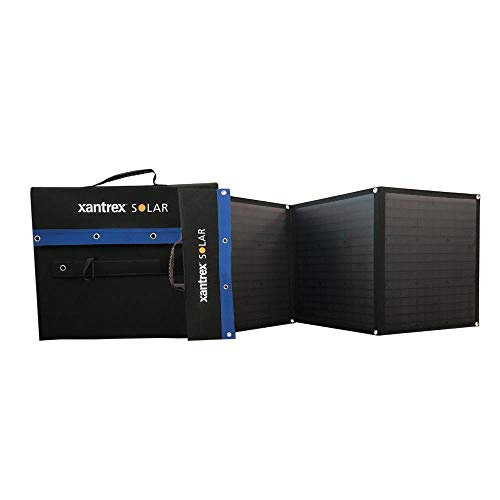akrvbob said:
Those good old super-reliable diesel engines kill people. It's a scientific fact not up to dispute that particulate emissions gets in human lungs and accumulate. Accumulate enough, and you die. People with breathing issues need less to die.
Things have changed in the last 10-15 years, that's why you see the terms ULSD, DEF, and SCR in discussions about modern diesels.
Modern clean diesel requires a very low level of sulfur in the fuel, and that's why all on-road diesel in the USA has to be ULSD, (Ultra Low Sulfur Diesel)...this is pretty much the only diesel you can buy in most areas, and it is why many older diesel engines are having fuel lubricity problems. (Not unlike the 70's when we gained a new fuel, unleaded gasoline, and now its the only gasoline sold)
With the cleaner diesel fuel, SCR (selective catalytic reduction) technology and DPF (diesel particulate filter) filters that are on modern diesels, they are very clean burning. True, the older diesels spit out a lot of crap, but newer ones
do not. Black smoke roiling out the exhaust pipe simply cannot and DOES NOT happen on a modern (after 2007) diesel engine vehicle, assuming everything is working properly and the owners have not modified the emissions systems.
(Just a sidenote: Diesel locomotives, off-road diesels, and huge diesel-powered ocean-going cargo ships were given extensions and waivers)
In a place like smoggy Los Angeles, a modern 'Certified Clean Diesel' equipped Class 8 truck actually puts out exhaust that is CLEANER than the ambient air that is going in. They are capable of filtering 90 to 100% of the soot and particulates from the engine and from the dirty air coming in. And 'regen' (filter cleaning) cycles are very clean also.
Of course, all of this is expensive to do. An OEM DPF filter can cost $10,000 for some OTR truck models...$5000 to $8000 is common as the price fluctuates due to market conditions. This is a filter! And at some point, like all filters, it has to be removed, cleaned, and or, replaced.
I have a lot of years and miles driving commercial 'clean diesels'....BUT...I have almost no experience with these small diesels, although I expect they operate in a similar fashion, especially since most of them have a DEF tank, which is a dead giveaway that they are using SCR and DPF components to clean up the exhaust.



































































